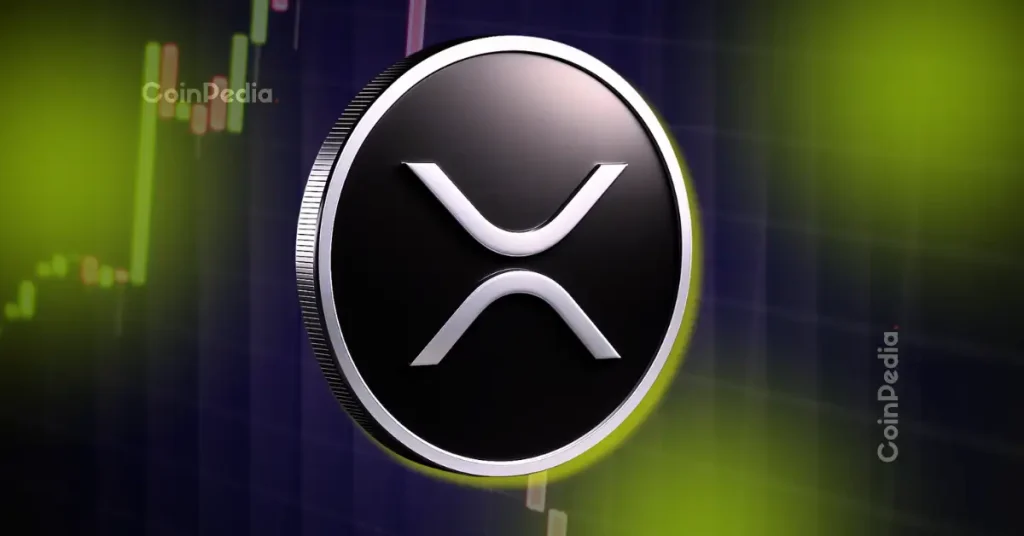Wall Street Is Bad News for Ethereum, Vitalik Warns – “This Is Not the Future We Built”
Key Takeaways:
- Vitalik Buterin warned that Ethereum could lose its identity if Wall Street gains too much influence.
- He fears developers and the core community could abandon the network if institutions dominate decisions.
- Buterin said performance upgrades tailored for financial giants could make node-running impossible for regular users.
Instead of cheering the inflow, Buterin argued that Ethereum risks trading its identity for popularity.
The Bigger Ethereum Gets, the Further It May Drift From Its Roots
Buterin didn’t talk about price, ETFs, or adoption curves. He focused on something different – the way Ethereum behaves socially and technically as ownership shifts away from everyday users and toward financial giants.
He cautioned that the more Ethereum becomes dominated by institutions, the less it resembles the open-participation network it was designed to be.
Community First or Institutions First – It Can’t Be Both
According to Buterin, the danger is not that institutions are entering, but that they could become the dominant force shaping decisions. If that happens, Ethereum’s cultural center of gravity moves from developers and builders to companies managing billions in assets.
That shift, he warned, could push developers away and hollow out the community that built Ethereum long before BlackRock even paid attention.
A Vision of Ethereum That Terrifies Buterin
The scenario that worries him most is technical centralization disguised as performance upgrades.
He gave one pointed example: cutting block production time to 150 milliseconds. That kind of redesign would thrill corporations aiming for ultra-high-frequency settlement – but it would make running a node nearly impossible outside professionally hosted data centers.
The result? Ethereum nodes clustered in major financial cities rather than in homes and small servers around the world. Convenience improves – but decentralization dies.
That was Buterin’s core argument. In his view, priorities like decentralization, neutrality, and global accessibility cannot be sacrificed for speed or institutional comfort.
A blockchain optimized for the largest players stops being a blockchain meant for everyone.
A Different Threat Is Also on the Clock
The Devconnect audience also heard a more technical warning: quantum computing may break Ethereum’s cryptography sooner than expected.
Buterin suggested that the industry needs to be ready for the possibility that ECC – the security foundation of Ethereum – could be vulnerable before the 2028 U.S. presidential election.
READ MORE:
Bitcoin’s Fate Now Tied to the Dollar, Not ETFs or Sentiment, Analyst Claims
In other words, the crypto world might be much closer to a mandatory security overhaul than most people think.
Where Ethereum Goes From Here
Two futures are now on the table:
- One where Ethereum becomes “Wall Street-compatible” – fast, optimized, and mainly run through corporate infrastructure.
- One where Ethereum remains messy, slow to change, and difficult for institutions – but decentralized and censorship-resistant.
Buterin made it clear which future he believes is worth fighting for.
Whether the rest of the ecosystem agrees will determine what Ethereum becomes in the next decade – a profit machine or a public network.
The information provided in this article is for educational purposes only and does not constitute financial, investment, or trading advice. Coindoo.com does not endorse or recommend any specific investment strategy or cryptocurrency. Always conduct your own research and consult with a licensed financial advisor before making any investment decisions.
The post Wall Street Is Bad News for Ethereum, Vitalik Warns – “This Is Not the Future We Built” appeared first on Coindoo.
You May Also Like

Why Savvy Investors Are Bravely Buying The Dip Now

Ripple News: XRP Price Breaks Below $2 Amid ETF Race, Bitwise Trails Canary
